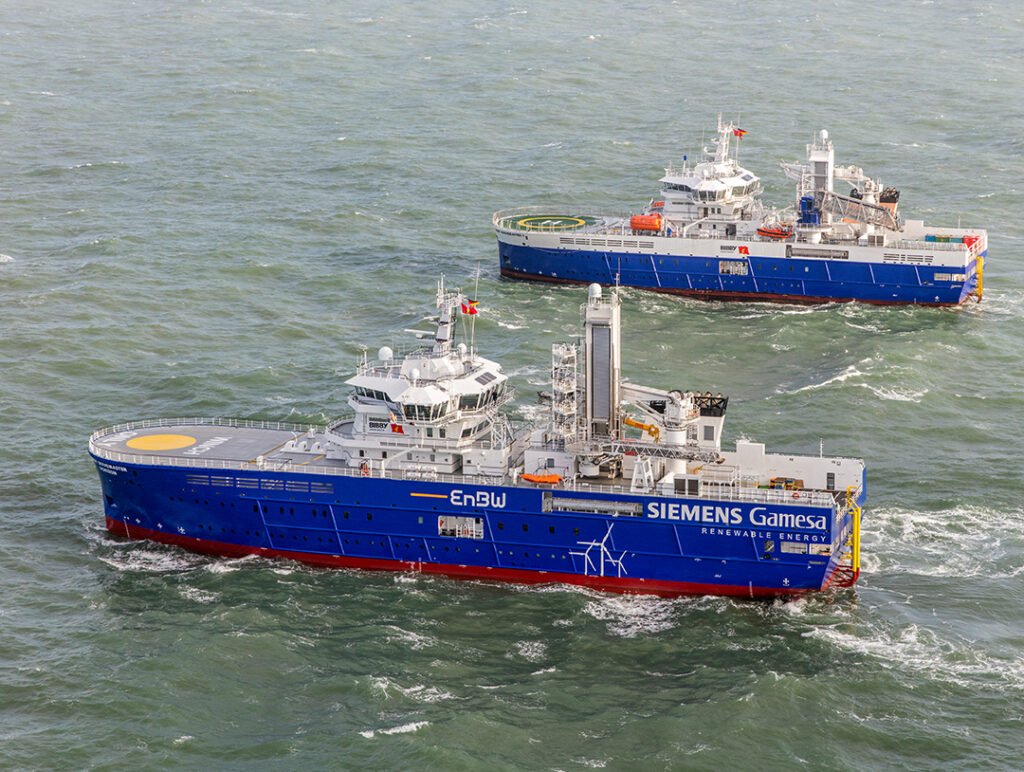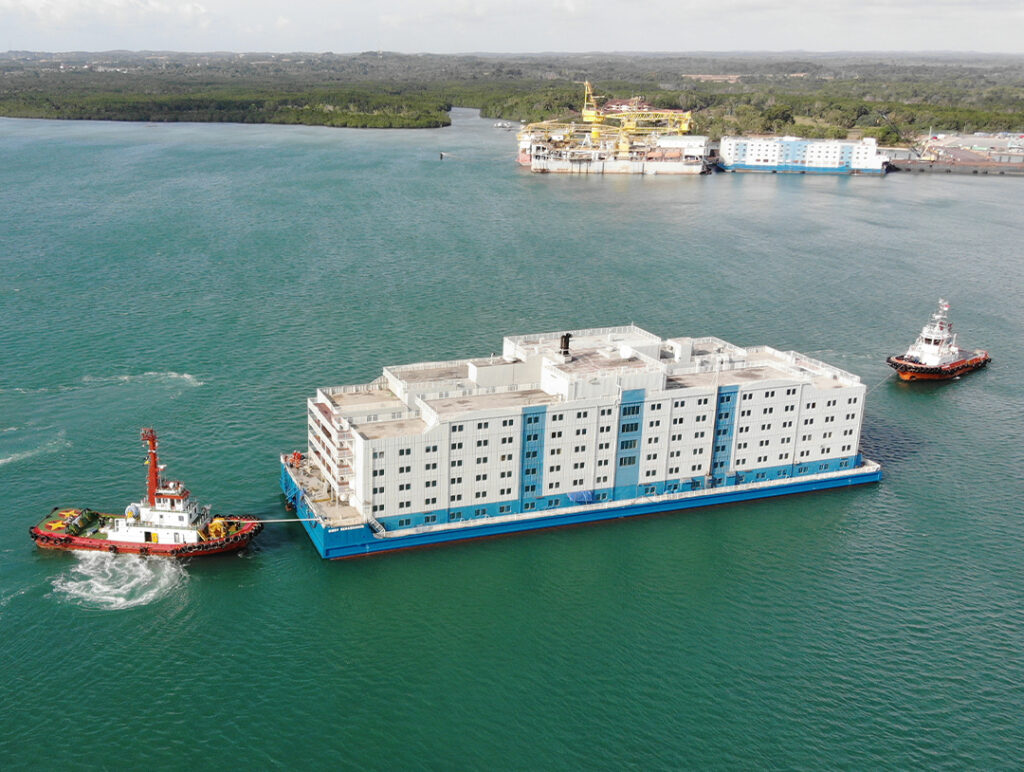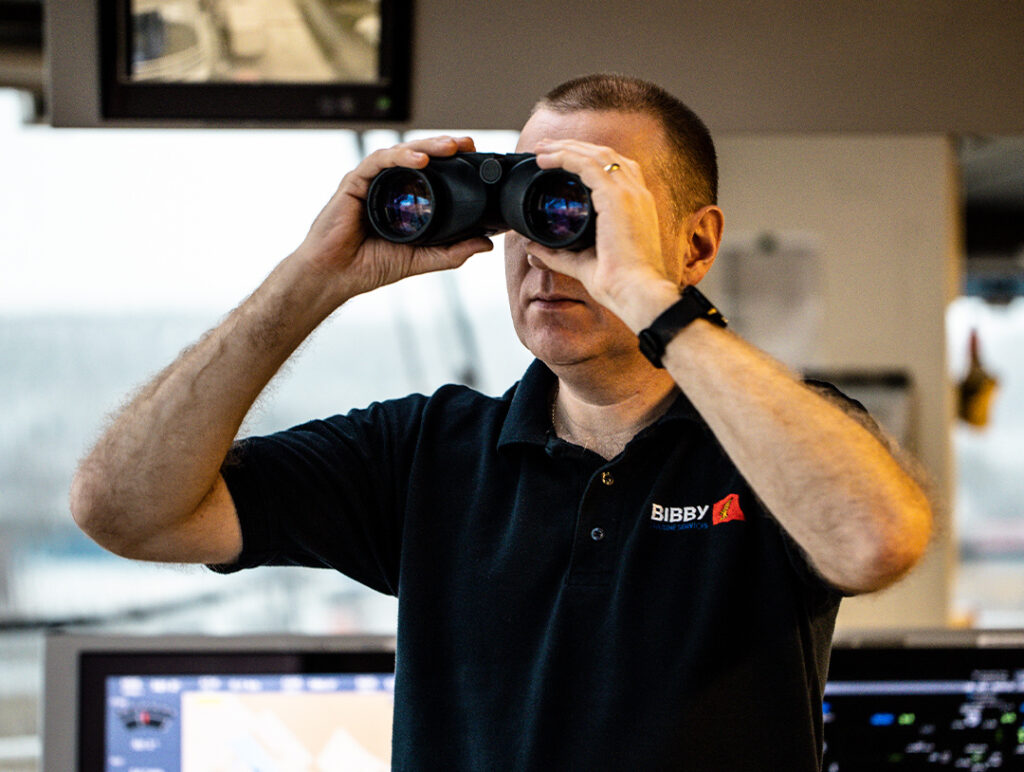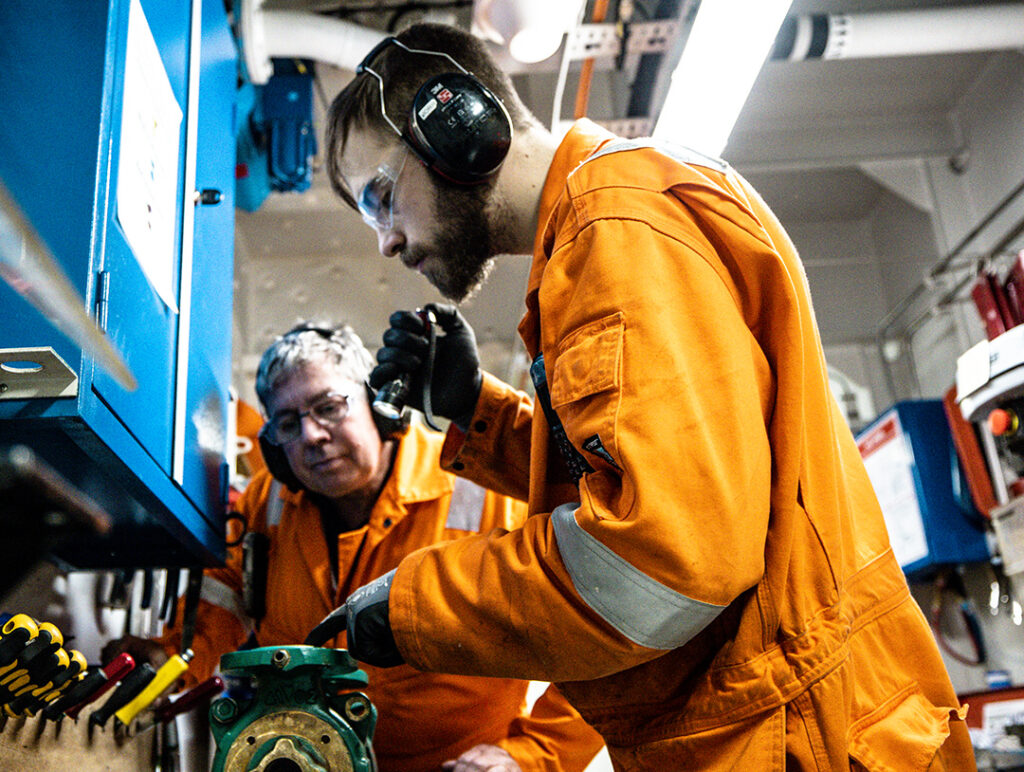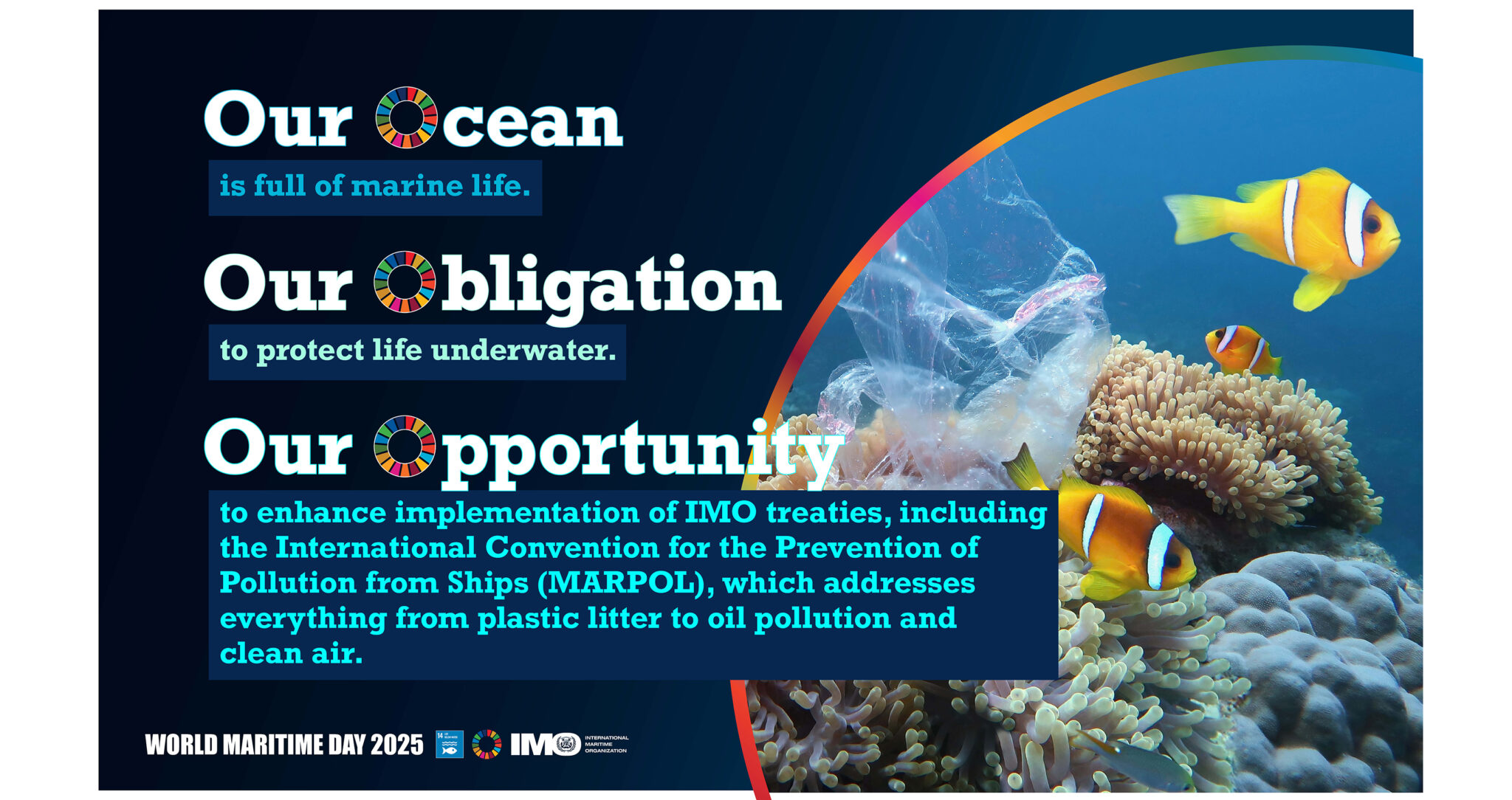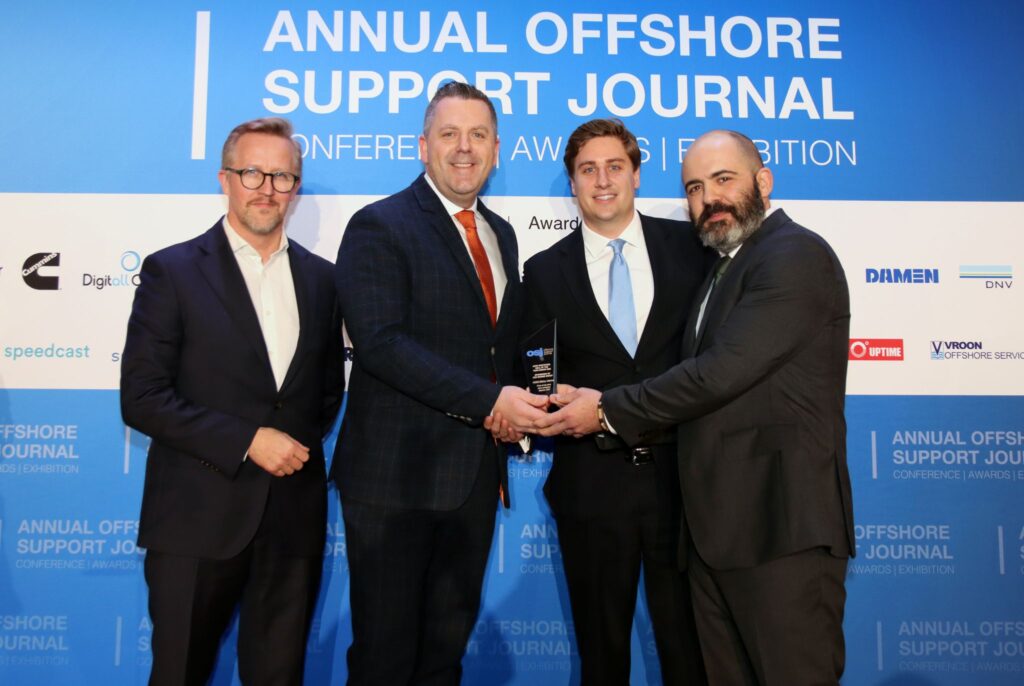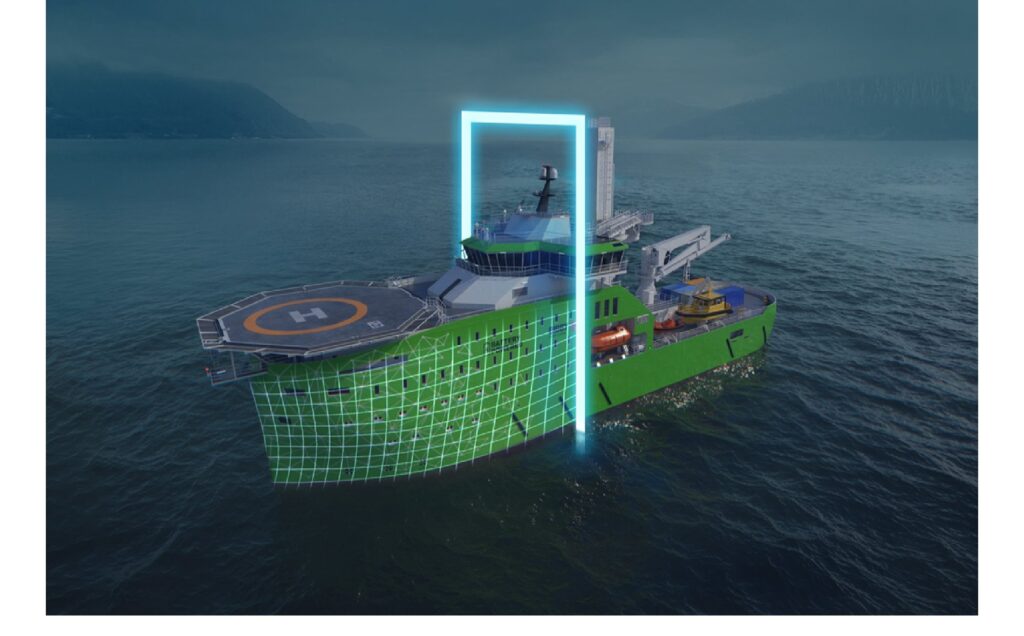This World Maritime Day, the global maritime sector once again turns its attention to sustainability and innovation. While much of the focus rightly remains on decarbonisation and reducing greenhouse gas emissions, another critical and often overlooked environmental concern is coming into sharper focus: underwater radiated noise.
Underwater radiated noise (URN) – caused by engine vibration, propeller cavitation and hull interaction – poses a growing threat to marine ecosystems. Marine mammals, fish and other sea life rely on sound for everything from navigation to mating and feeding. Persistent acoustic disturbance from shipping activity can disrupt these essential behaviours and degrade the health of entire marine environments. According to a report by the International Chamber of Shipping (ICS), URN is now considered one of the most significant environmental stressors for marine life, and electric propulsion systems are one of the most effective ways to reduce it.
At Bibby Marine, our approach to sustainable vessel design goes beyond carbon. As we develop the world’s first electric Commissioning Service Operation Vessel (eCSOV) capable of operating on battery power alone, we’re also helping set a new standard for low-noise, low-impact offshore operations. The eCSOV represents the next generation of zero-carbon marine vessels, combining cutting-edge propulsion with intelligent systems to minimise both emissions and noise. Powered by a 25 MWh battery system (the largest ever installed on a DP vessel) and backed by dual-fuel methanol/ MGO engines for range extension, the eCSOV will be capable of fully electric, zero-emission operation in-field once offshore charging becomes available.
Unlike retrofitted hybrid systems, the eCSOV has been designed from the outset to maximise the benefits of electric propulsion. Its DC grid architecture minimises energy loss and offshore charging systems will enable rapid battery recharging directly from wind farm infrastructure. When operating in full electric mode, the vessel will produce significantly less vibration and engine noise, with smoother propulsion reducing cavitation and associated radiated noise. For marine wildlife in regions such as the North Sea, where offshore wind expansion overlaps with ecologically sensitive habitats, this reduction in acoustic pollution is a vital benefit.
Driving this innovation is Bibby Marine’s longstanding commitment to sustainability, built over more than 200 years of maritime heritage. Our investment in zero-emission vessels and environmentally responsible offshore accommodation is part of a broader ambition to enable lower-cost, lower-impact offshore wind development. The eCSOV is being developed in collaboration with industry-leading partners including Kongsberg Maritime, Stillstrom, Corvus, Wartsila, Seaplace and Armon and is supported by £20 million in funding from the UK Government’s ZEVI programme.
But emissions are only part of the story. The eCSOV’s electric propulsion system also makes it quieter, cleaner and more comfortable for crews working offshore – as well as far less intrusive for the marine life it shares the seas with. As the ICS report makes clear, truly sustainable shipping must consider both what we emit and what we disturb.
At Bibby Marine, we are proud to be helping to lead this shift. Our eCSOV is proof that with the right investment the maritime sector can reduce its impact, both visible and invisible, and deliver offshore wind operations that are better for the environment, better for people and better for the future.
To learn more about Bibby Marine’s clean energy vision and its zero-emission eCSOV project, visit here.
